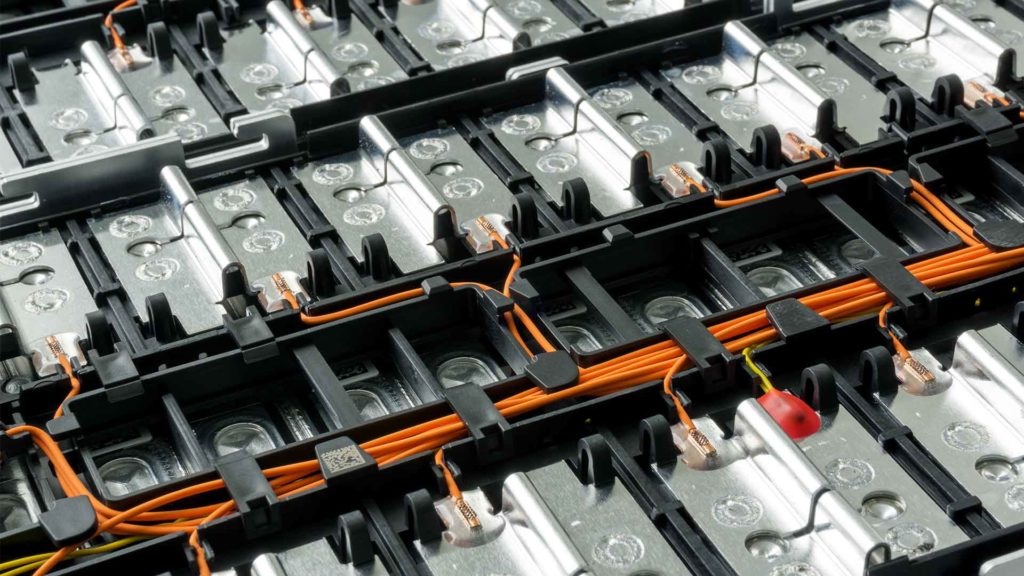Boron and Volvo Cars
In today’s podcast, we’re going to look at the use of boron in the automotive sector and how Volvo uses boron to strengthen its cars. In recent years, there has been an increase in demand for automotive parts containing boron steel due to the increasing use of hybrid or electric vehicles. This trend is expected to grow further because of growing awareness about environmental issues.
Boron is helpful as an alloying element in many materials in the automotive industry. It is about four times stronger than average high-strength steel. The element is added to unalloyed and low alloyed steels to enhance hardness. For example, boron added to certain high-speed cut steels enhances cutting performance, but it does reduce the forging quality.
Even up to a hundred PPM boron gives extended ability in strength enhancements. Automotive manufacturers have taken advantage of these tensile strengths provided by boron offering greater car body stiffness, and lower body weight for safety, safety bars, inner pillars, and dash panels also use boon-containing steel.
A lighter chassis addresses fuel efficiency with new vehicle legislation and increased fuel prices. Material development, engineering, and manufacturing departments have been working together to achieve these goals.
Advanced steels, new forming processes, and new press concepts have been adopted to achieve weight reduction with improved crashworthiness.
Volvo’s cars are built with boron for a simple reason. Boron helps Volvo to deliver on its brand promise as the safest and securest cars on the planet. In India, the sedan S 90 and a mid-size SUV, XC 90 are the best sellers. Boron is an alloy in carbon steel amalgamation. A recent review claims boron steel strengthens the toughness of the weakest areas in Volvo’s range of automobiles.
We also see many new safety features in the Volvo automobile vehicle designed for an ever growing safety conscious environment.
The core advantage in Volvo cars including boron in steel is the exceptional rigidity to the body. The micro level of improvement matters to the company and differentiates its experience of the overall brand,
Other substances can be added to steel and using boron over other elements can improve steel properties at relatively low tempering temperatures, helping to reduce energy costs. Another benefit of boron is better machinability when compared with steels that have a similar hardness.
Recently, the Volvo group has collaborated with SSAB has specialized steel manufacturer, which makes exceptional steel grades for multiple industries and is the first to produce fossil-free Volvo vehicles globally, a significant point of differentiation.
The president and CEO of SSAB says ” having the world’s first actual vehicle made using SSAB’s fossil-free steel is a true milestone. Our collaboration with the Volvo group shows that green transition is possible and brings results together. We will continue reducing climate impact to the end customer while ensuring that our customer gets high-quality steel.
We look forward to working with Volvo group in research and development to produce more fossil-free steel products. This initiative of Volvo group with SSAB sets the benchmark for a fossil-free future just as the world’s nations came together at COP26 to address climate change. Many organizations and industries will collaborate to develop innovative new solutions for a greenhouse gas and emission-free future.
Volvo group says it’s committed to pioneering partnerships, such as this one with SSAB to create attractive, safe, and efficient new vehicles and machines that paves the way for a mode of more sustainable transport and infrastructure system adopted for the future.
For more information on boron and its uses in the automotive sector, please refer to the Borates Today website. And that’s all for today. Thanks for listening.





